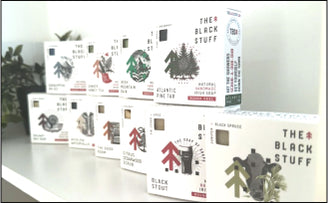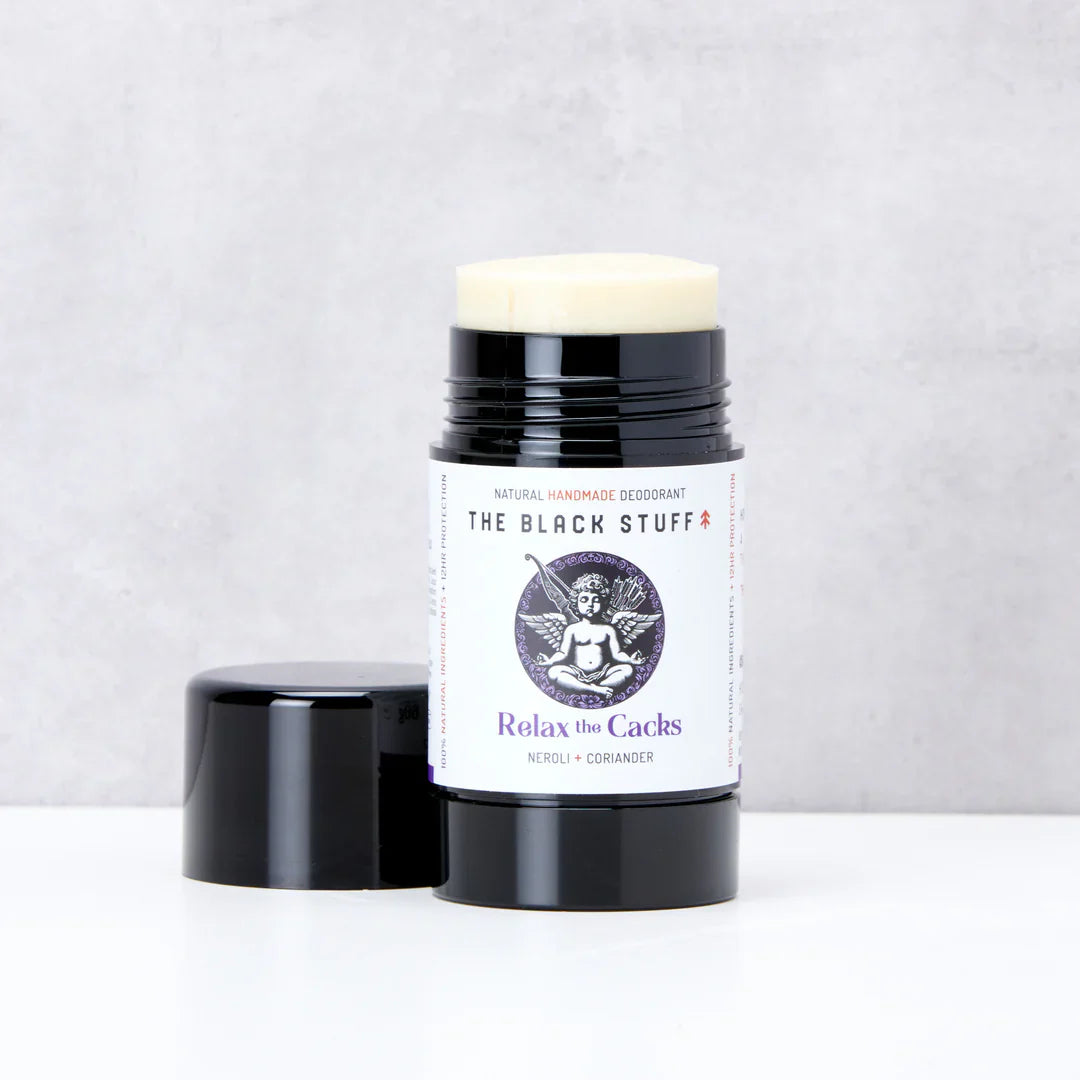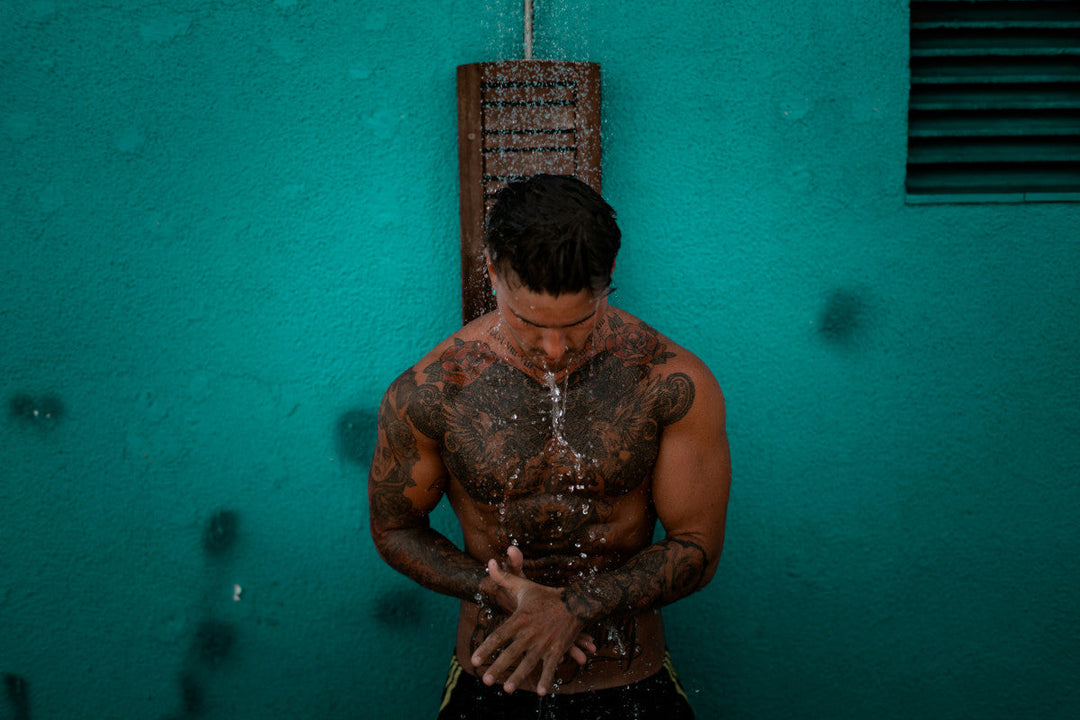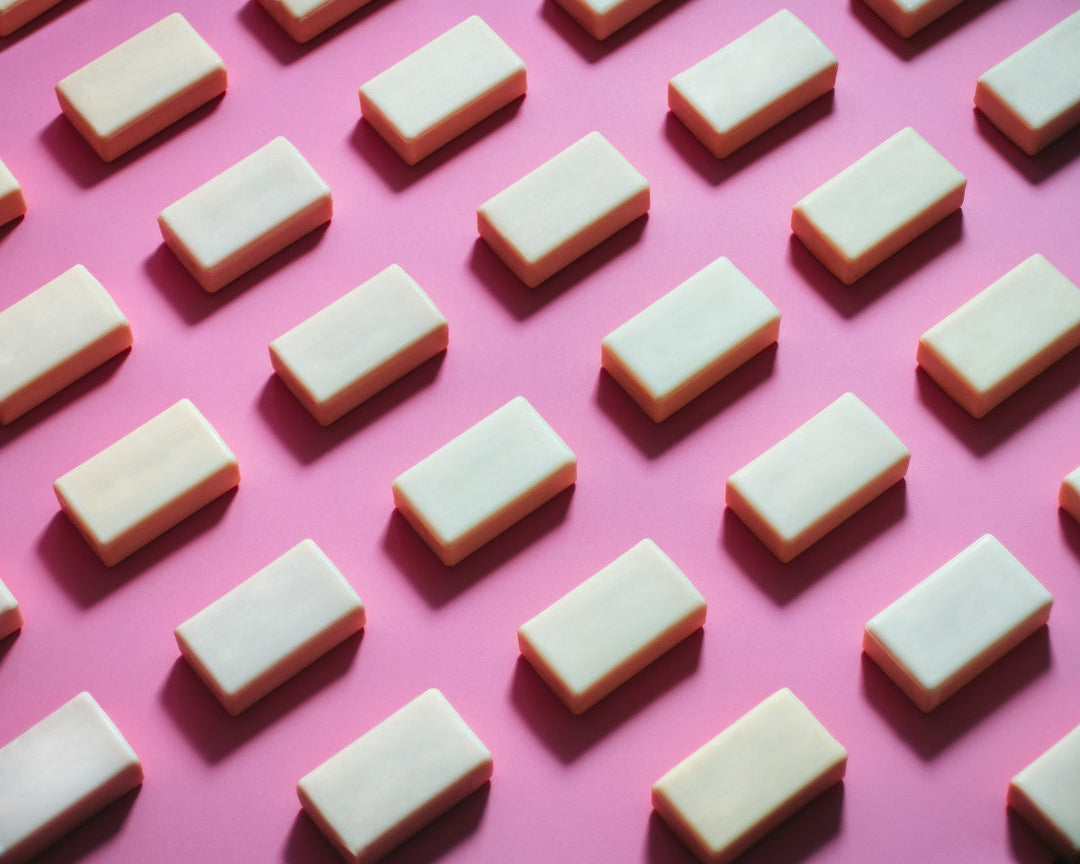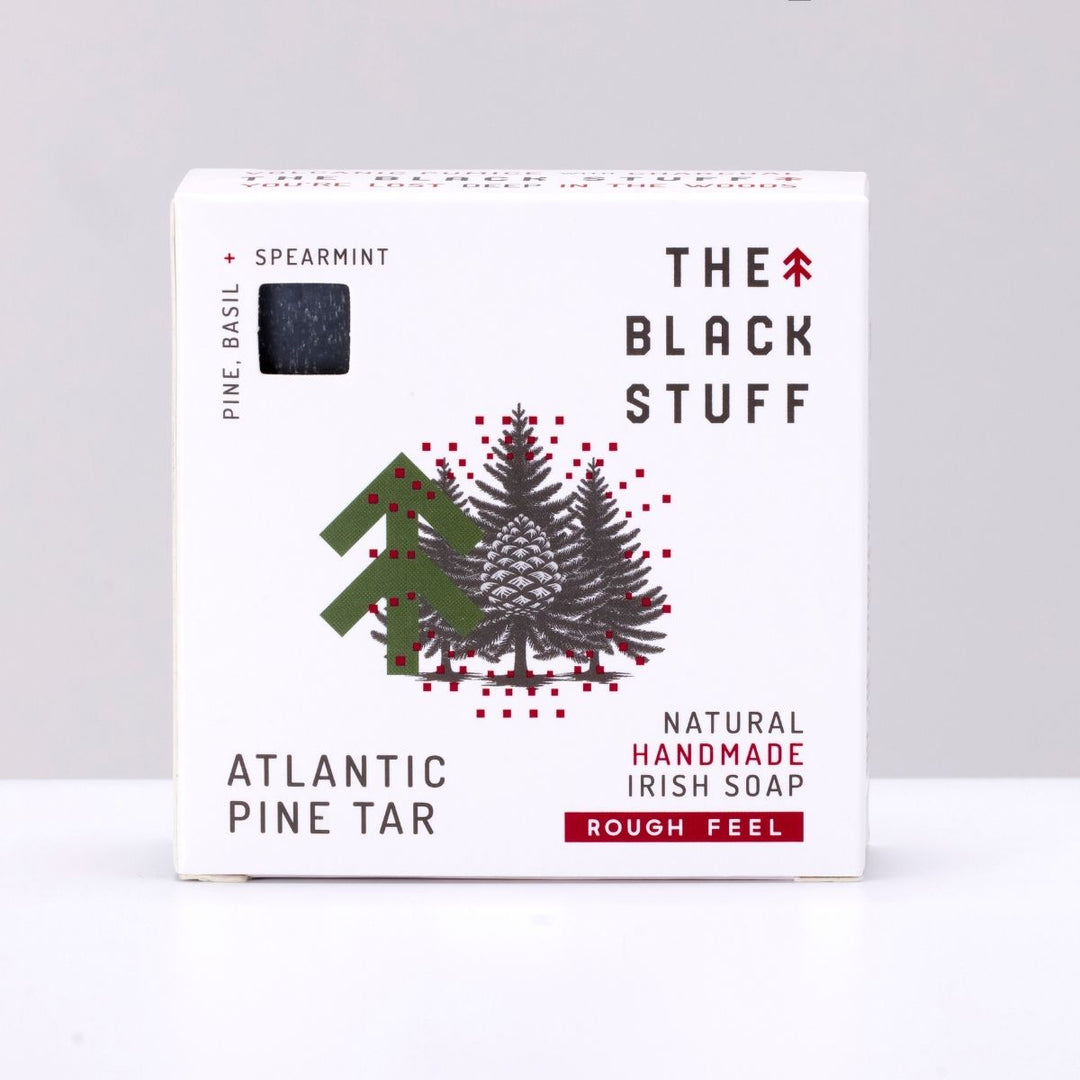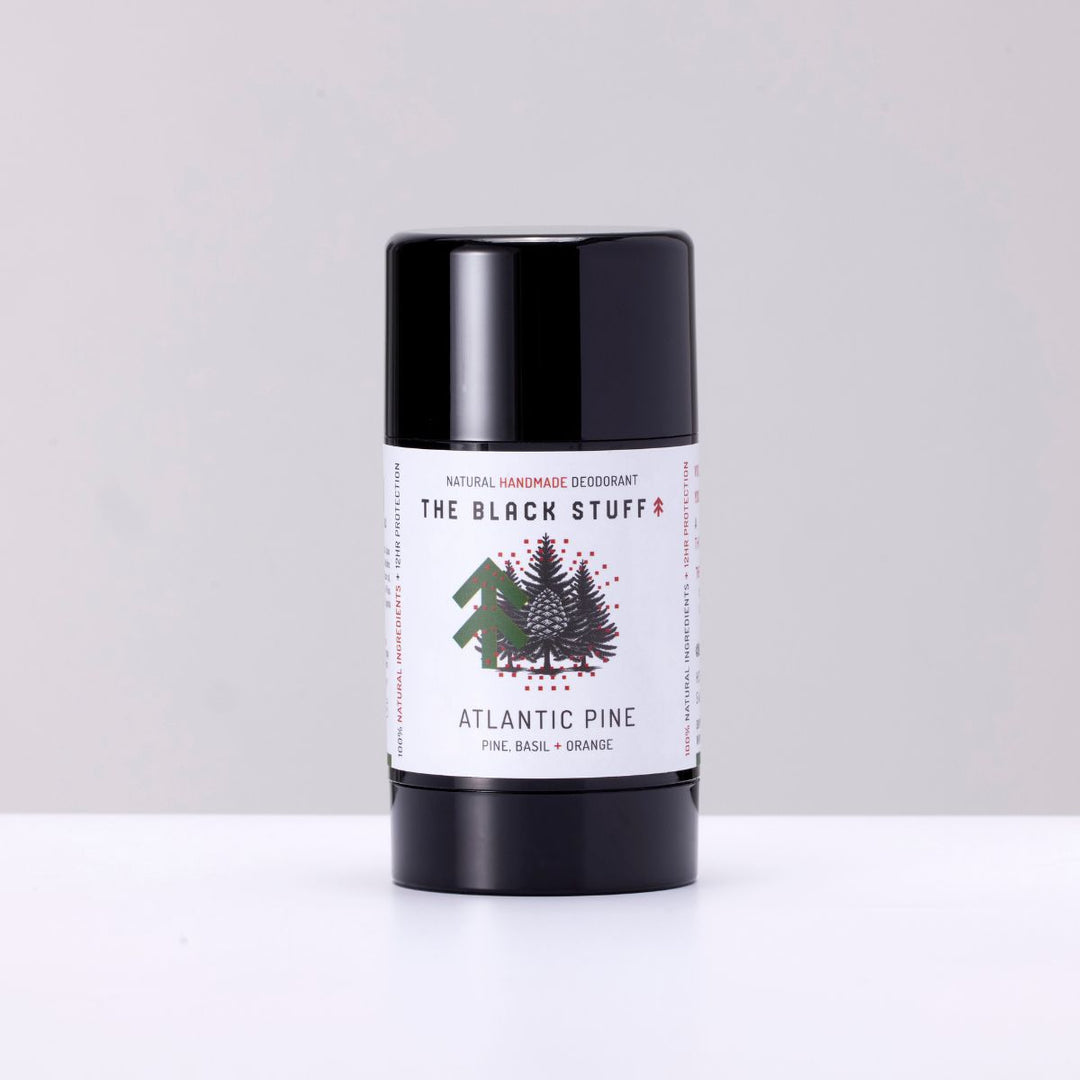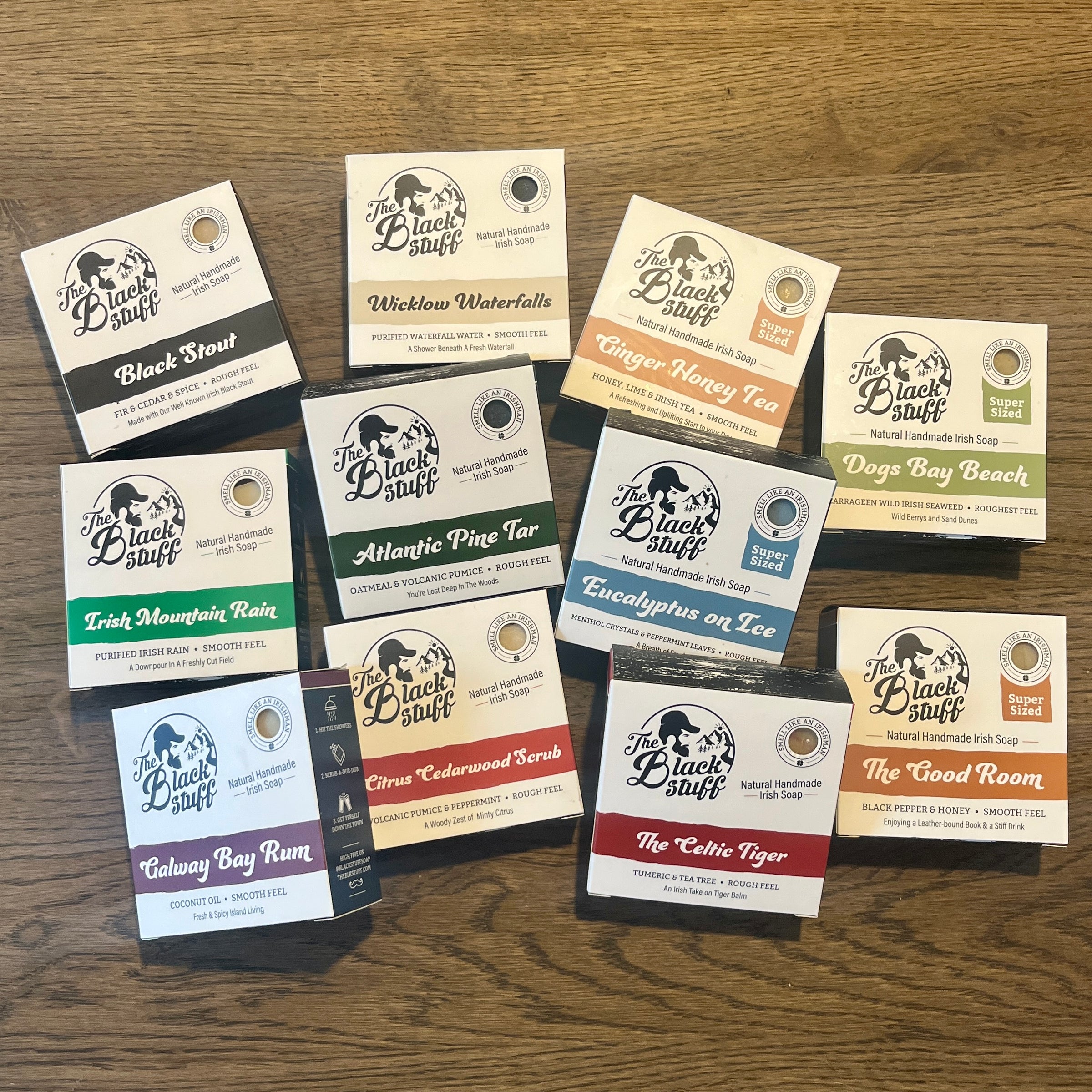Best Essential Oils for Soap Making: Why Are Essential Oils Commonly Used in Soap Making?

Gone are the days of lathering up with extraterrestrial, chemical-laden body washes. The modern man deserves better, with natural soap becoming more and more popular not just for handwashing but for entire grooming routines.
When you take a closer look at the natural soap ingredients, though, you’ll see essential oils commonly included. So why are essential oils commonly used in soap making? Not only are they a far superior alternative to synthetic fragrances, they may even bring therapeutic benefits to the shower experience.
There’s a key caveat, though. Not all soap-making essential oils are created equal. That’s why we’ve put together this list of the best essential oils for soap-making to help steer you in the right direction. We’ll even share tips on how to mix essential oils for soap making, including these popular choices:
- Lavender Oil
- Tea Tree Oil
- Peppermint Oil
- Eucalyptus Oil
- Citrus Oils (Orange, Lemon, Grapefruit)
- Sandalwood Oil
- Rosemary Oil
- Ylang Ylang Oil
Here at The Black Stuff, we are sick and tired of brands hiding behind the term “fragrance oils,” which are not to be confused with essential oils. Don’t settle for anything less than the best men’s soap. Shop today and upgrade your grooming ritual!
Why Are Essential Oils Commonly Used in Soap Making?
First things first why are essential oils commonly used in soap making? There are actually a few reasons you’ll find these in our bar soaps here at The Black Stuff, along with the formulations from many other natural soapmakers. It starts with natural fragrance.
Providing Natural Fragrance
The whole point of soap is to leave you clean and smelling fresh. Unfortunately, synthetic soaps leave you smelling like a science project these days. They’re overly strong and have that offputting artificial aroma.
Natural soaps made with essential oils, on the other hand, provide authentic, nuanced aromas straight from Mother Nature.
Whether it’s the calming scent of lavender, the invigorating freshness of peppermint, or the earthy depth of sandalwood, these oils offer a sensory experience that feels personal and grounded.
Potential Therapeutic Benefits
You may have heard that essential oils have some level of healing ability. While the jury is still out on just how powerful they are when infused in soap, we’d be remiss if we didn’t speak to the potential therapeutic benefits of essential oils in soap making.
Take lavender or chamomile, for example. These soap-making essential oils have the ability to help you unwind after a long day. Meanwhile, tea tree oil’s antibacterial qualities make it a powerhouse for cleansing.
Citrus oils like orange and lemon are known for their energizing effects, making your morning shower feel like a wake-up call in a bottle. The specific therapeutic potential will vary depending on the oil in question and how concentrated it is in the formulation. The oil quality matters, too.
Skin-Friendly Properties
Your skin deserves better than the irritation and dryness that synthetic ingredients can cause. This is the biggest difference between natural soap vs commercial soap. While one causes more harm than good, the other is known for nourishing, hydrating, and repairing.
Some of this can be traced back to the essential oils used in soap making. They’re naturally gentle and may support healthier, happier skin.
Again, tea tree oil is commonly used for soap because it targets blemishes through its antibacterial properties. On the other hand, eucalyptus soothes inflammation, while rosehip oil hydrates dry patches. There’s an essential oil for any ailment your skin has.
The essential oils themselves are just one piece of the puzzle, of course. They work in synergy with natural soap bases to leave your skin nourished and balanced rather than tight and irritated.
What are the Best Essential Oils for Soap Making?
You can see why soap-making essential oils have their place, but what are the best essential oils for soap-making? Mother Nature has provided hundreds of great choices, but we’ve narrowed it down to just our 8 personal favorites here at The Black Stuff.
Lavender Oil
The calming scent of lavender helps you unwind after a long day, making it perfect for a bedtime shower or for washing your face. Its relaxing aroma is complemented by its ability to soothe irritated skin and promote rejuvenation.
Tea Tree Oil
This powerhouse ingredient has been mentioned a few times already, and for good reason. It brings both antibacterial and antifungal properties to the table, making it a go-to for acne-prone or oily skin.
It delivers a deep cleanse that keeps breakouts at bay, while it’s crisp, medicinal scent adds a refreshing touch to your soap.
Peppermint Oil
There’s nothing quite like the invigorating scent of peppermint oil. It’s the perfect wake-up call for your morning shower with a cooling sensation that pairs perfectly with its fresh, minty aroma. Plus, peppermint oil has natural antimicrobial benefits!
Eucalyptus Oil
Eucalyptus oil provides a crisp, clean scent that’s as refreshing as it is functional. It’s known for anti-inflammatory and antibacterial properties, which is why guys with irritated or inflamed skin should try it. It plays nicely with complementary oils as well such as peppermint or rosemary.
Citrus Oils (Orange, Lemon, Grapefruit)
The entire citrus oil family - from orange to lemon, grapefruit, and more - are all known for bringing a bright, uplifting vibe to your soap. They may even have mood-boosting properties, perfect for starting your day on the right foot with a morning shower.
But beyond the delightfully vibrant scents associated with citrus oils, orange and lemon in particular have gentle astringent properties to help tone and refresh your skin.
Sandalwood Oil
Sandalwood oil brings warmth and sophistication to any soap with a woody, earthy aroma. Soaps made from this essential oil are grounding, especially when paired with other oils like lavender or ylang ylang.
Oh, and if you’re struggling with dry skin, you’re in luck. Sandalwood is also known for its moisturizing properties, a beautiful contrast from the tightening and drying effects of commercial soaps!
Rosemary Oil
We love the herbaceous and slightly minty aroma rosemary oil is known for. Its clean, invigorating scent is backed by antimicrobial benefits that help cleanse the skin. This oil is also thought to improve circulation, giving your skin a natural glow.
Ylang Ylang Oil
Last but certainly not least on our list of the best essential oils for soap making we have ylang ylang, a floral, sweet, and exotic choice. You’ll find it in soaps designed with a luxurious, indulgent experience in mind.
This oil is known for bringing balancing properties to the bathroom as well, helping regulate oil production and keeping your skin hydrated year-round.
The Impact of Sourcing and Purity in the End Product
There you have it, all the best essential oils for soap making! There are plenty of honorable mentions we want to give credit to as well, including patchouli, lemongrass, cedarwood, cinnamon, basil, clove, vetiver, and many, many more.
As we said from the start though, the quality of soap-making essential oils is of the utmost importance. Otherwise, the scent and therapeutic properties won’t translate over to the final product.
Cheap, synthetic, or diluted oils might save a few bucks upfront, but you get what you pay for - as with most things in life. These low-quality oils will fall short of delivering the potency and benefits of pure, well-sourced essential oils.
They may fade out during the soap curing process resulting in a weak or artificial scent. Worse, can actually cause more harm than good in some cases - irritating the skin.
High-quality essential oils, on the other hand, bring out the best in your soap - stronger fragrances, genuine therapeutic properties, and a gentler experience for your skin. The difference is night and day.
So whether you’re trying to learn how to mix essential oils for soap making yourself or simply want to spoil yourself with the natural soap benefits, be sure to do your due diligence in finding a soap you can trust. The good news? Your search ends here at The Black Stuff.
Our Approach to Making Soap With Essential Oils at The Black Stuff
Our brand was born when our founder began making soaps in his kitchen as a fun hobby. Family and friends told John he was onto something, and he kept experimenting - the rest is history. Today, we’re proud to be known as the #1 choice for men’s bar soap.
Part of why we’ve earned that reputation is because we refuse to cut corners, and it all starts with sourcing the best essential oils for soap making. We work with suppliers who share our commitment to sustainable and ethical practices, so you can rest assured you’re getting the quality you deserve.
But we don’t stop there. We actually blend our oils in-house to craft unique scent profiles you won’t find anywhere else. This hands-on approach also empowers us to uphold strict standards for quality in every bar of soap we handcraft. Here are some of our most popular fragrances:
- Pine tar soap: A rugged, earthy aroma backed by skin-soothing properties for men who work hard and want a no-nonsense clean.
- Cedar citrus soap: A balanced blend of woodsy cedar and bright citrus, resulting in a refreshing scent that’s perfect for everyday use.
- Eucalyptus soap bar: A crisp and invigorating blend that delivers a clean, revitalizing experience for mornings or post-workout showers.
- Bay rum soap: Warm and spicy with notes of clove and cinnamon. This classic scent brings a touch of nostalgia and sophistication to your routine.
- Ginger bar soap: Infused with a blend of ginger, lime, and bergamot to provide a unique, warming scent and a luxurious lather that’s unforgettable.
Our philosophy is simple: your skin deserves better than mass-produced, chemical-filled soaps. That’s why we handcraft every bar using small-batch techniques and natural ingredients that nourish and care for your skin.
From the first lather to the last, our soaps are designed to deliver an exceptional experience, leaving you feeling clean, refreshed, and confident. But don’t just take our word for it - order yours today and feel the difference firsthand!
How to Mix Essential Oils for Soap Making
Before wrapping up this guide on soap-making essential oils we want to walk you through how to mix essential oils for soap making. That way, you can get a real appreciation for what goes into crafting every bar of soap here at The Black Stuff.
Choosing the Right Essential Oils
Before you can actually learn how to mix essential oils for soap making you need to choose the right ones. We’ve covered all the best soap-making essential oils so now it’s just a matter of choosing those that align with your vision for the soap - both in terms of fragrance and experience.
Are you going for a calming bar for evening use? Lavender and chamomile might be your go-to. Need an invigorating morning boost? Think peppermint and citrus.
Always consider both the scent profile and any skin benefits the oils offer. Oh, and don’t forget to account for safety. Some oils, like cinnamon or clove, are potent and should be used sparingly to avoid irritation. Speaking of which…
Understanding Ratios and Dilution
Pure essential oils are powerful - too powerful. Using them neat would cause serious irritation, which is why they must be diluted in the right ratio.
A common guideline is that essential oils should make up no more than 1-3% of the total weight of your soap batch. This is the sweet spot where you’ll enjoy a strong, long-lasting fragrance without overpowering the soap.
Always dilute your oils in a carrier oil (like olive or coconut oil) if testing a blend beforehand to see how it reacts on your skin.
Blending Essentials Oils
Creating the perfect scent is like composing music - balance is everything. Essential oils have top, middle, and base notes, and the perfect blend includes all three.
For example, citrus oils often serve as top notes, floral or herbal oils as middle notes, and woody or spicy oils as base notes. Start with a small batch and adjust proportions as needed. A classic ratio is 3 parts top note, 2 parts middle note, and 1 part base note.
Testing and Adjusting Blends
The last thing you want is to ruin an entire batch of soap because you miscalculated the ratio of essential oils in making your soap. That’s why it’s worth testing a few drops of your blend in a small amount of soap base before committing to the entire thing.
Let it sit for a day or two so the scents can melt and mature. This will give you a better idea of the final fragrance. From there, you can determine if you’re ready to proceed - or if you need to add more essential oil or dilute it further.
Infusing into Soap
Now comes the fun part - actually adding essential oils to soap. Timing is everything here.
For cold process soap, add the oils after the soap base reaches trace to preserve the scent’s potency. For melt-and-pour soap, mix the oils in after the soap base has melted but before it begins to set. Stir thoroughly for even distribution throughout the batch.
Remember that essential oils are sensitive to heat and light and can degrade in these conditions. You’ll need to handle them carefully at this stage to maintain their integrity.
But since so much goes into the process, why not leave it to the pros at The Black Stuff? Save yourself the time and stress and spoil your skin with the best soap online today.
Final Words on Soap-Making Essential Oils
So, why are essential oils commonly used in soap making? We hope this guide on the best essential oils for soap making has left you with a clear understanding of their role, all the most common soap-making essential oils, and how to go about making soap with essential oils.
Our blog has more resources on the ginger soap benefits in particular, benefits of natural deodorant, how long does bar soap last, switching to aluminum-free deodorant, and more.
But at this point, why not see for yourself what makes our solutions the #1 Dr. Squatch alternatives online? Transform your daily routine with soaps that care for your skin and smell incredible. Discover the power of pure essential oils in every bar!
















